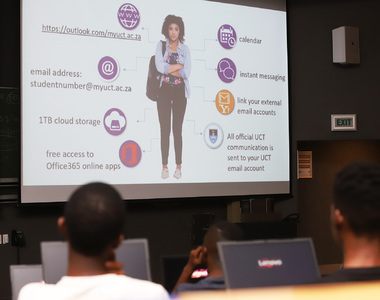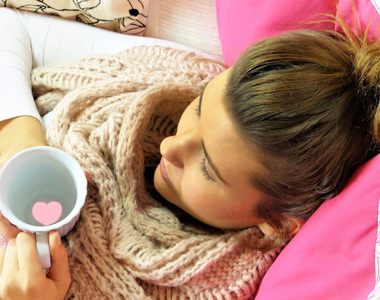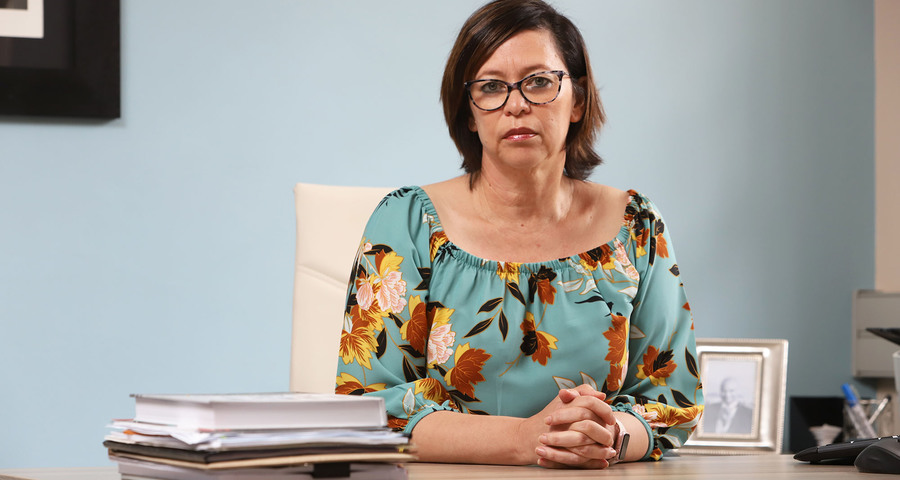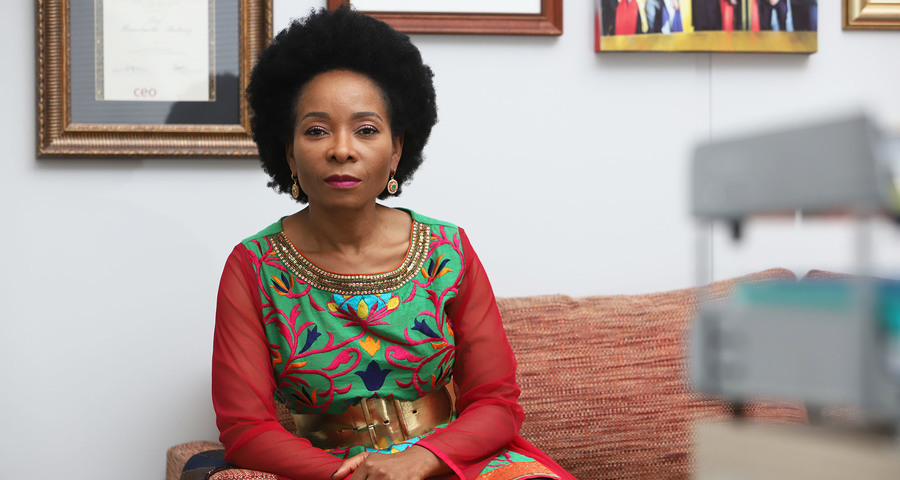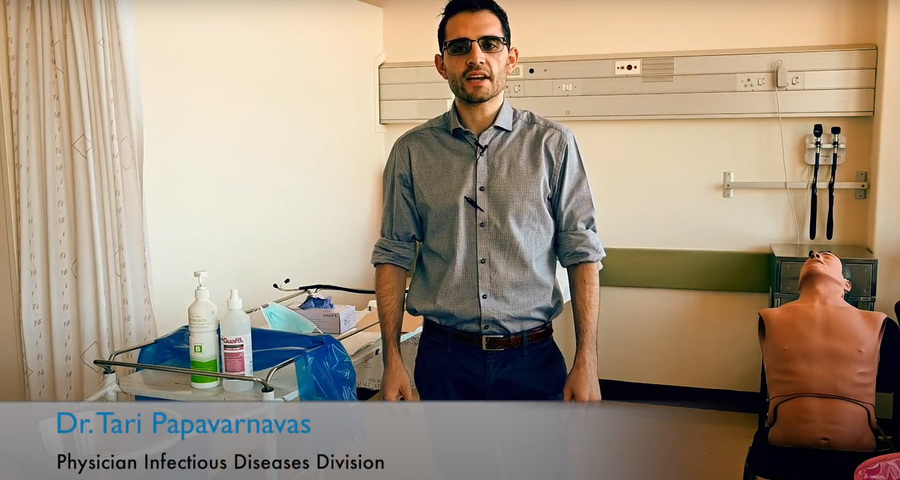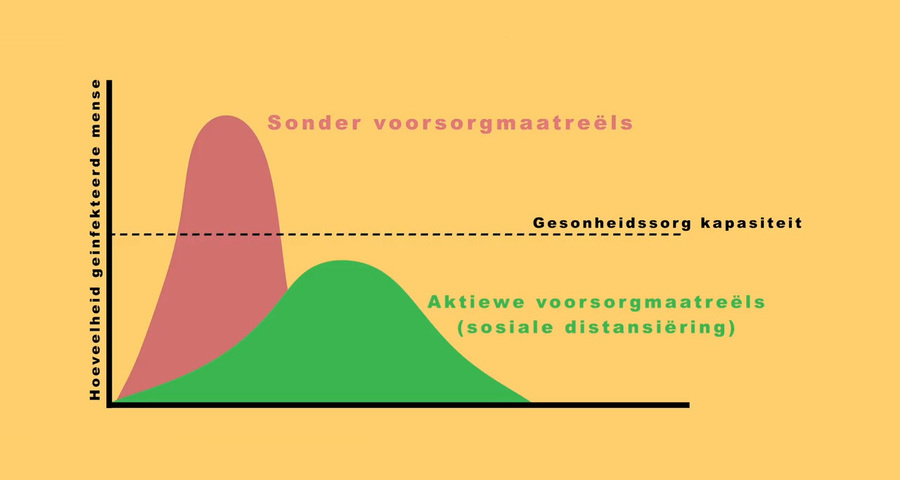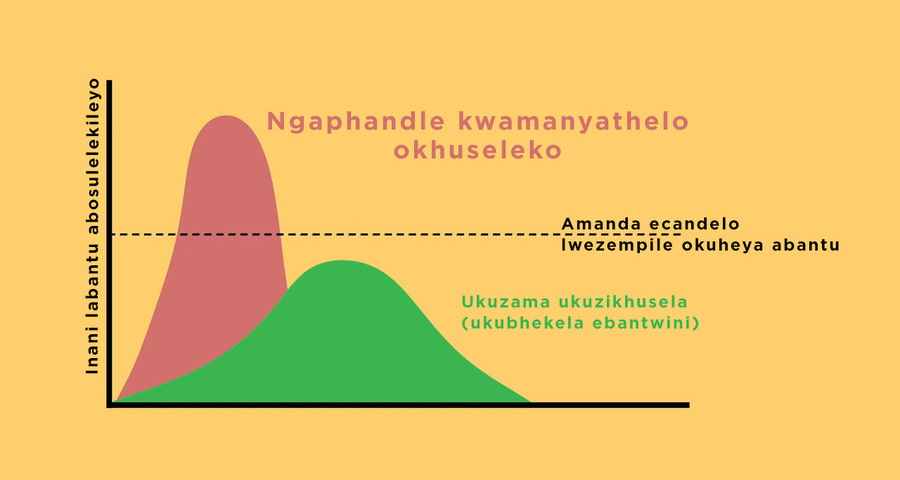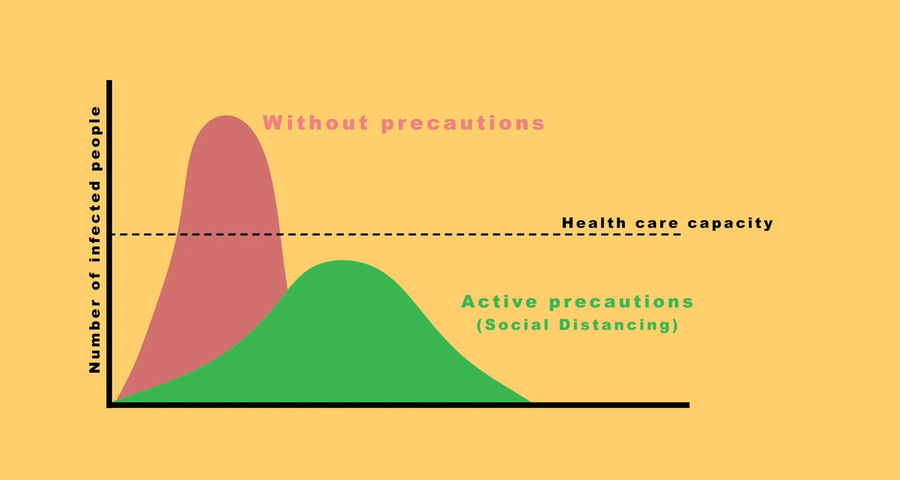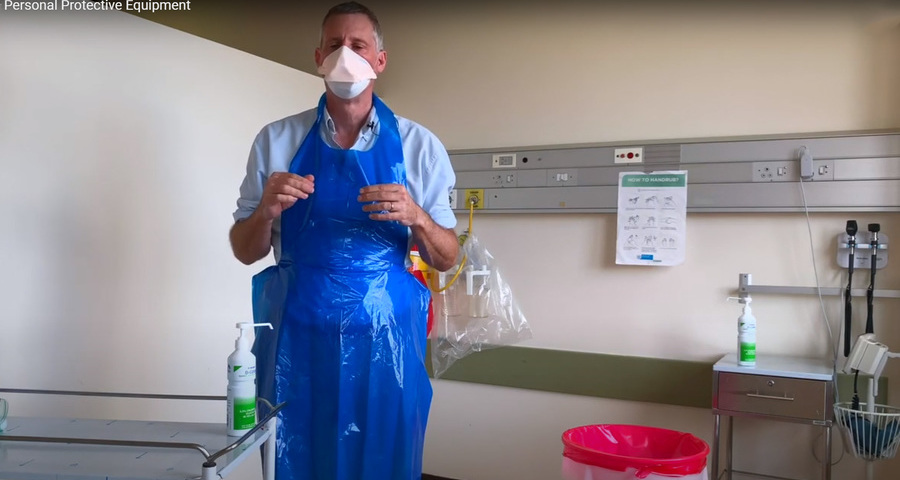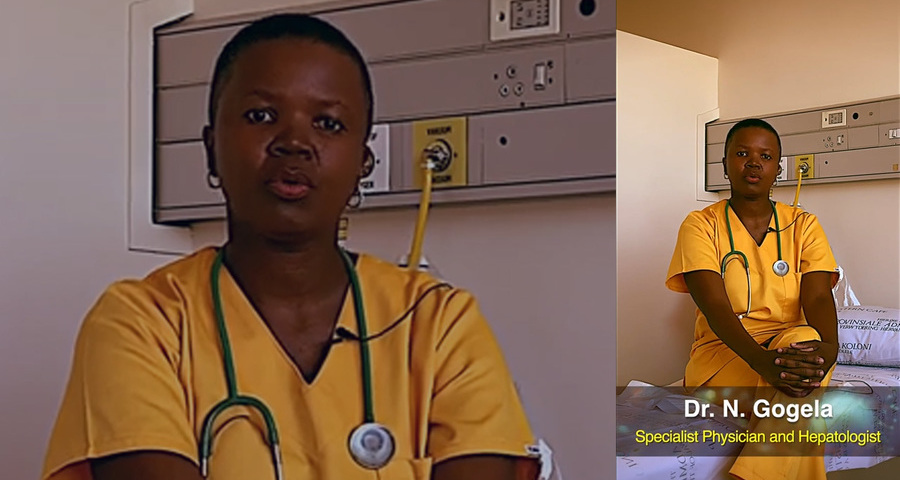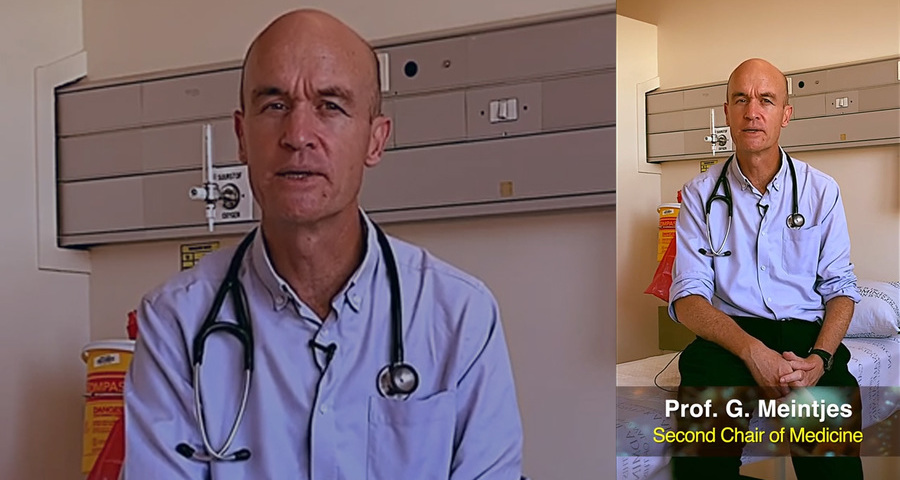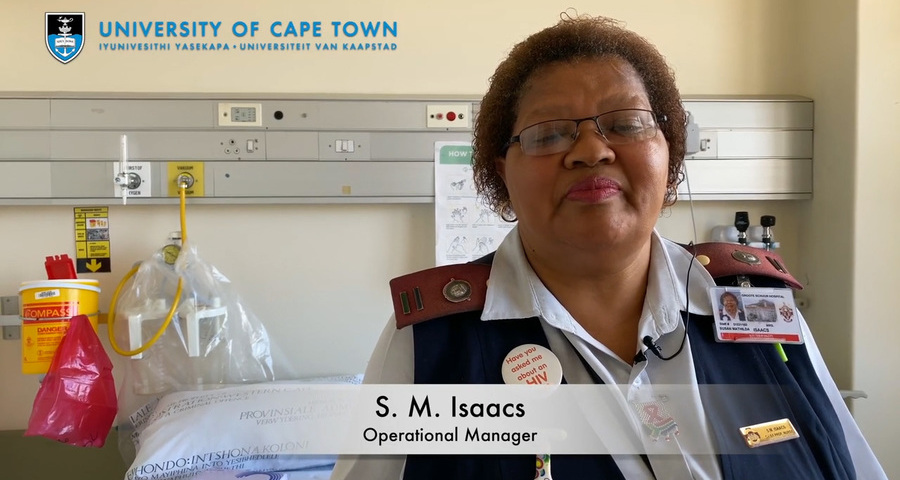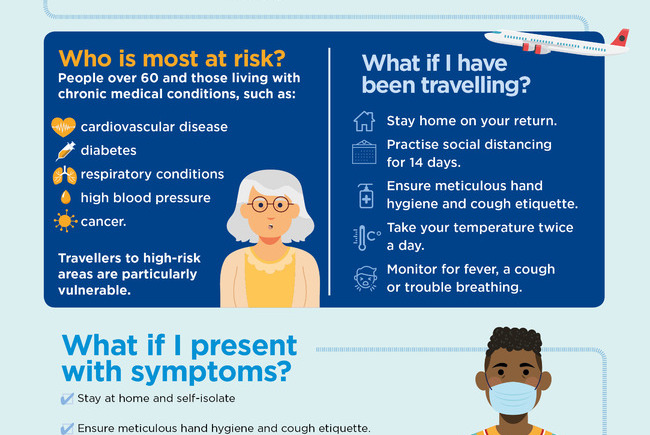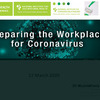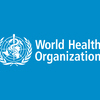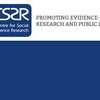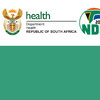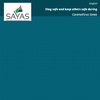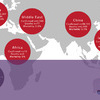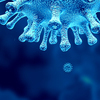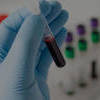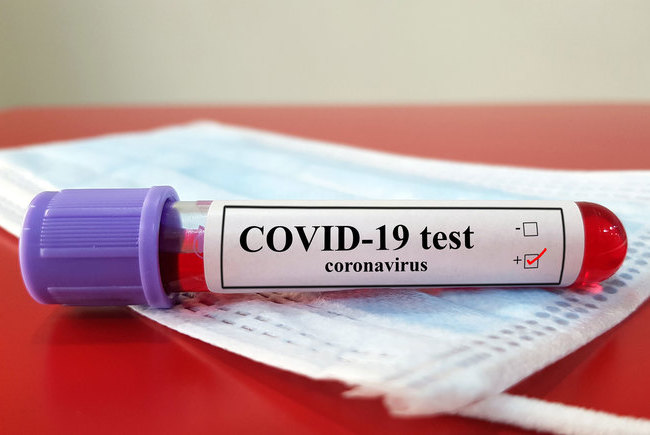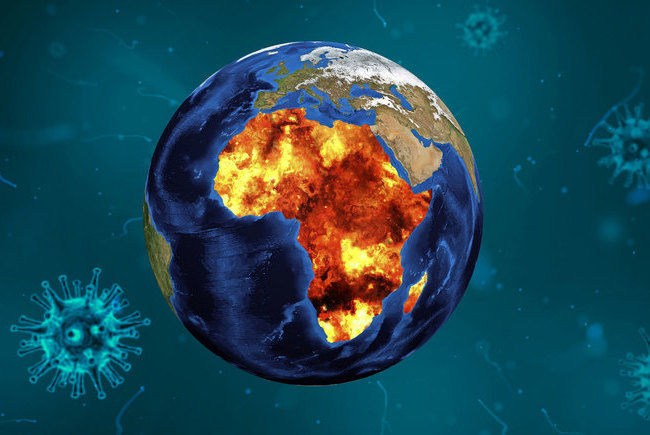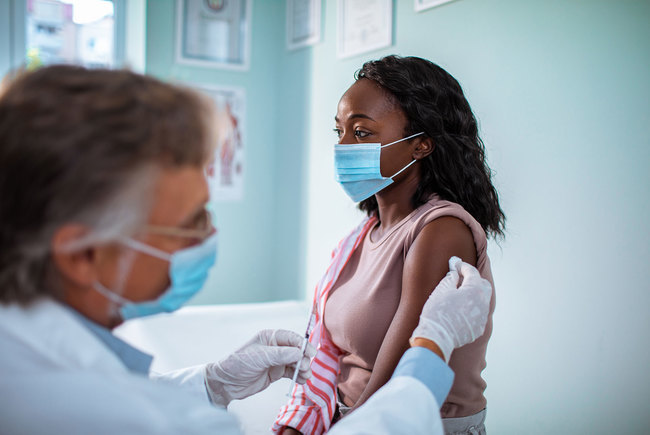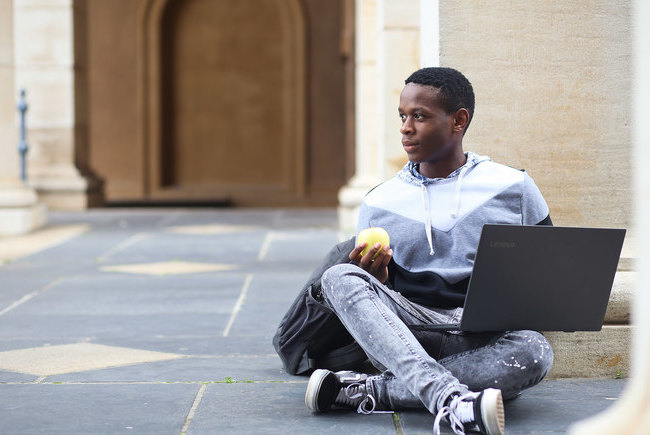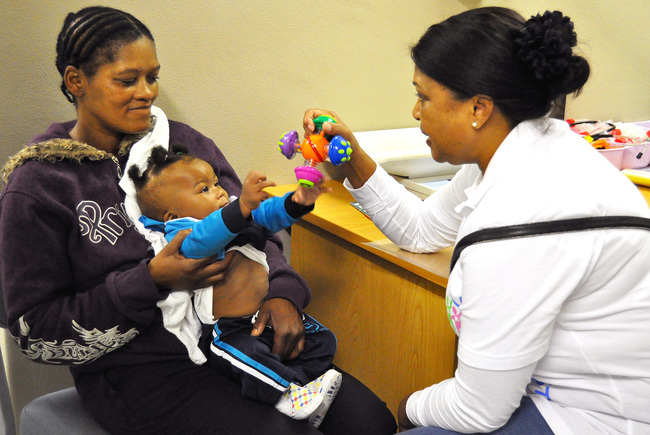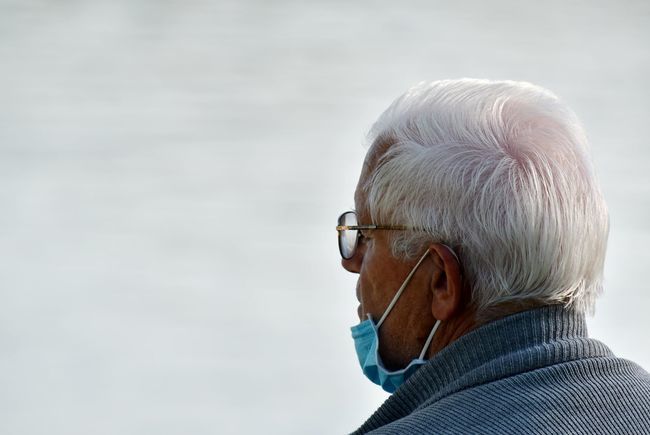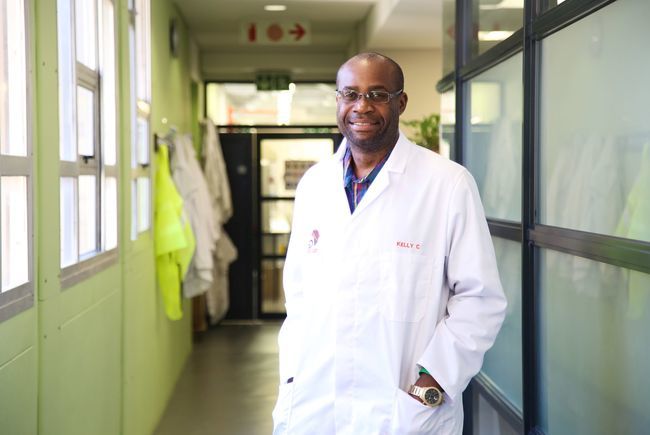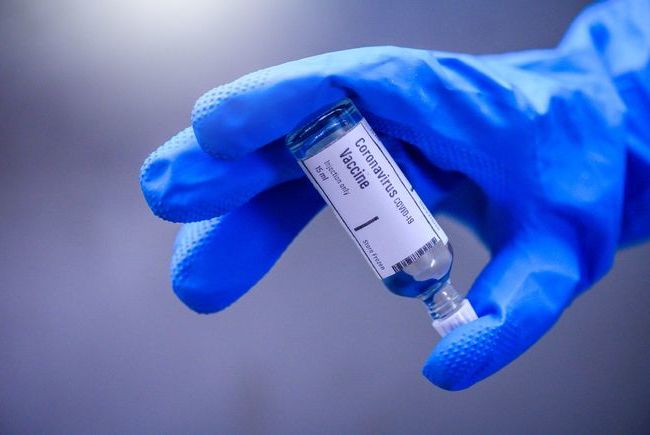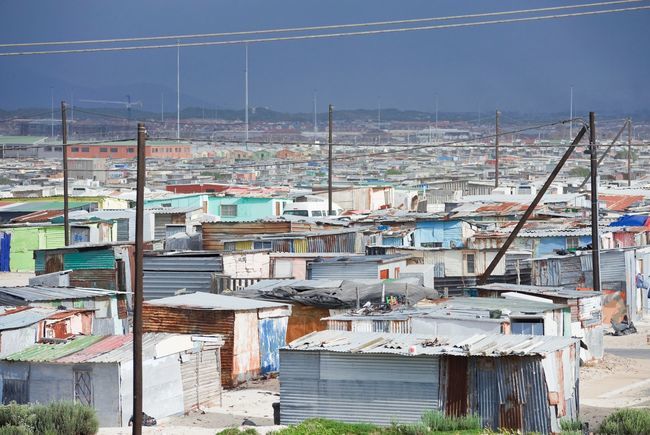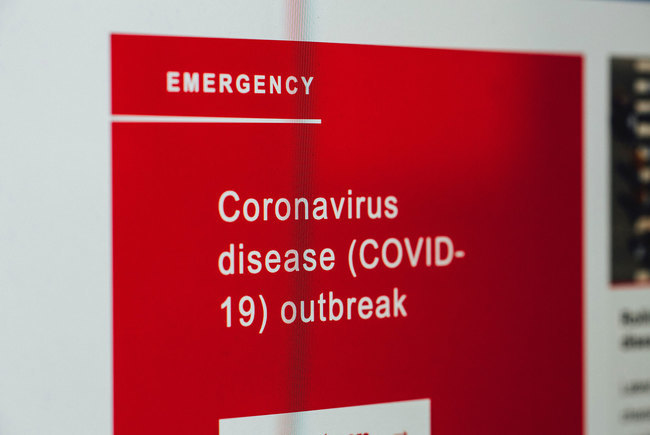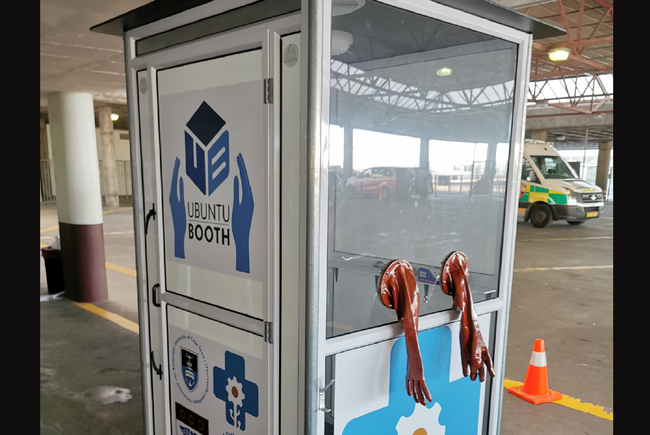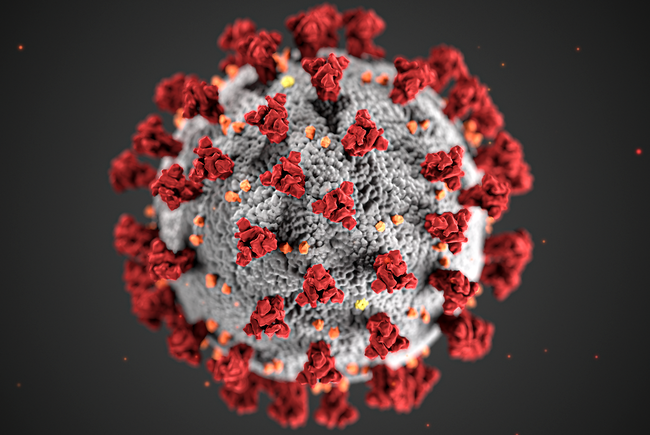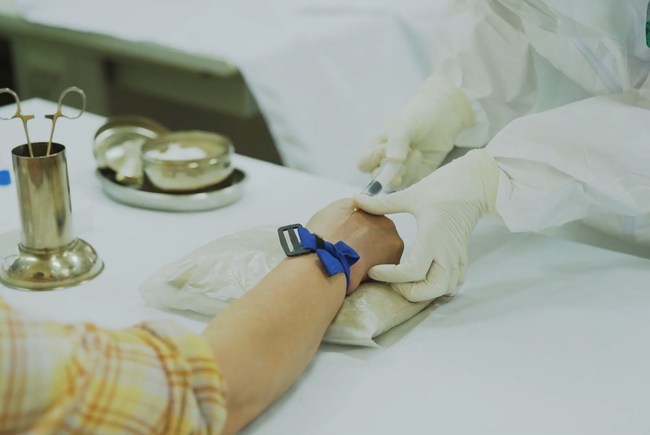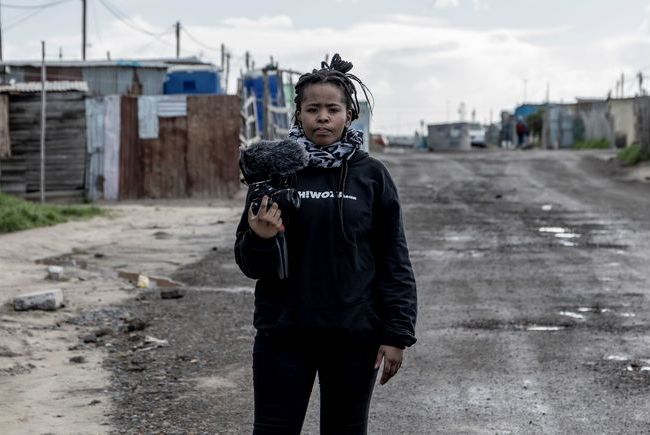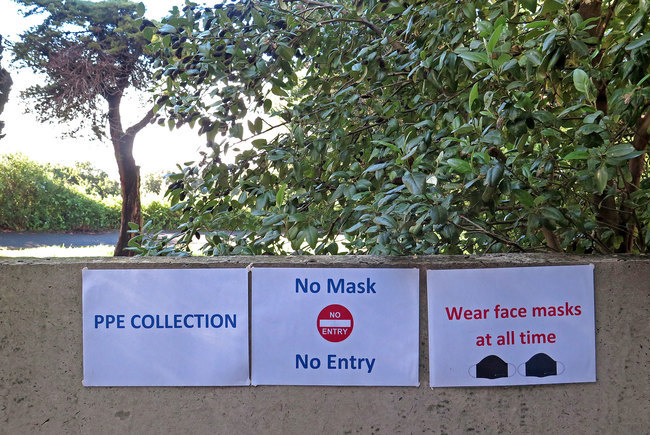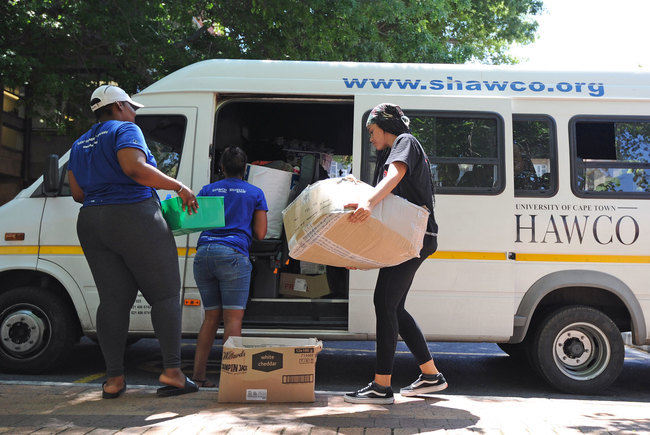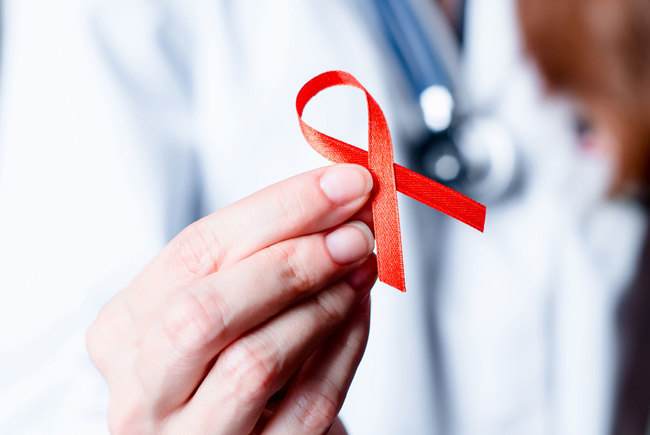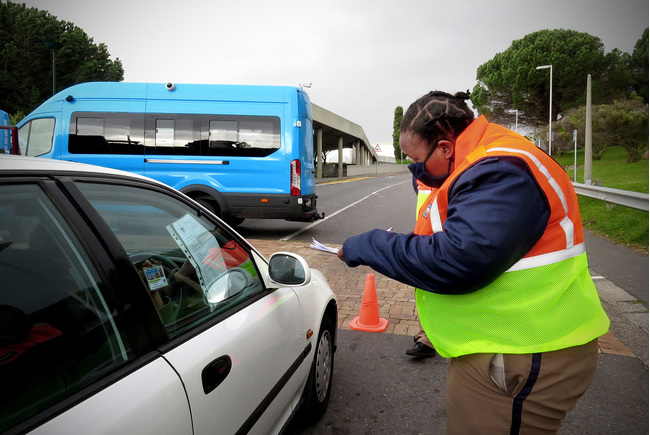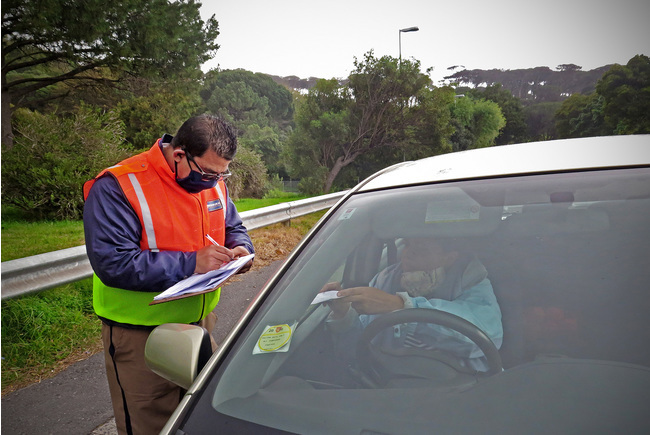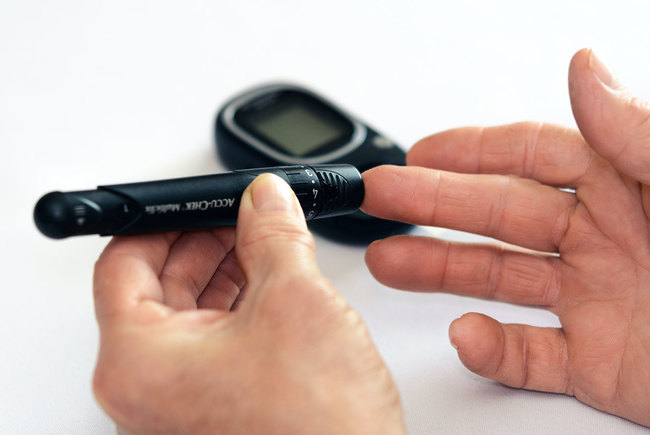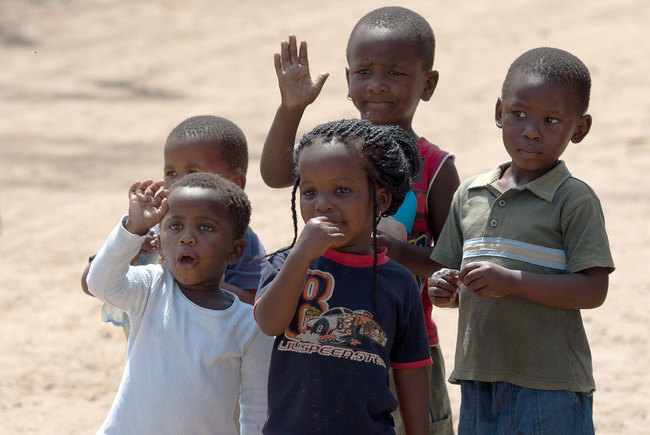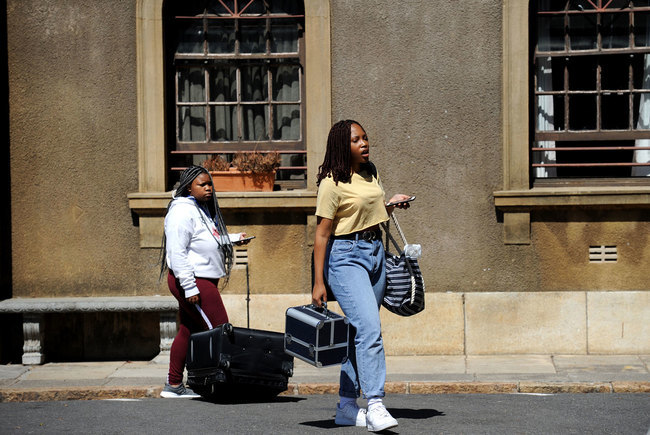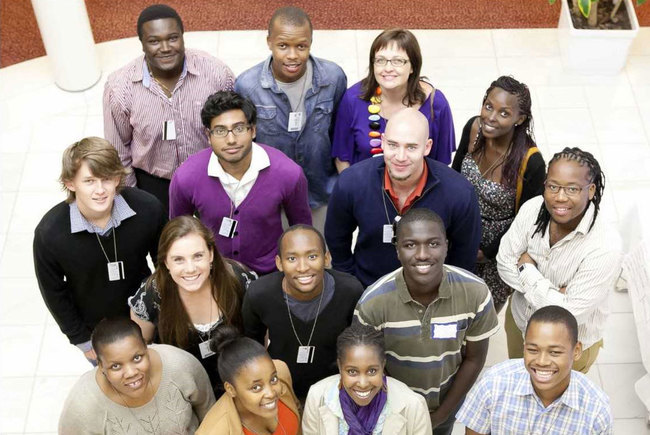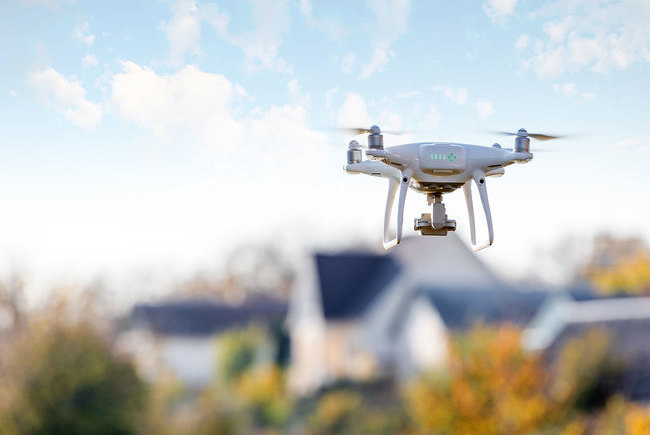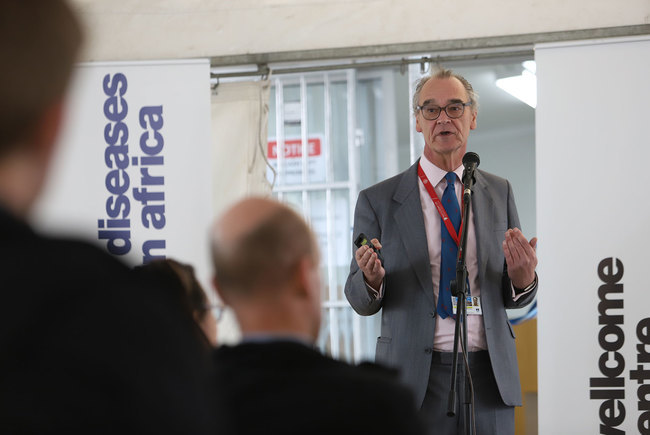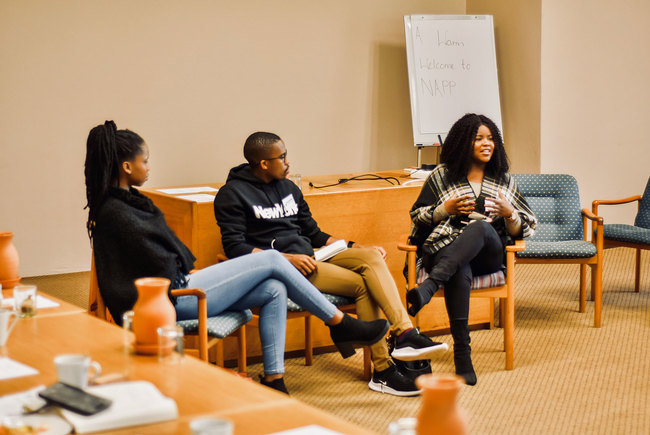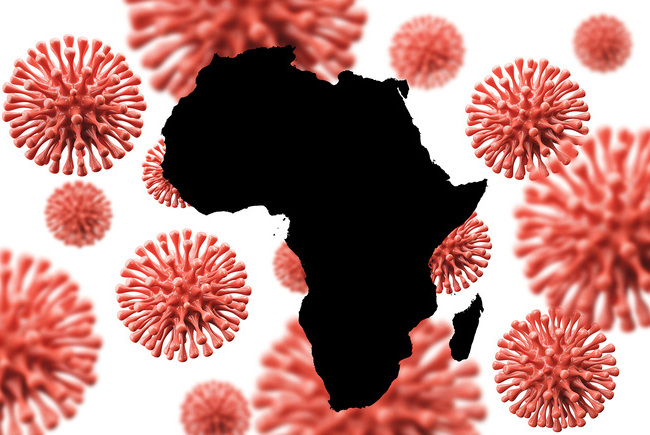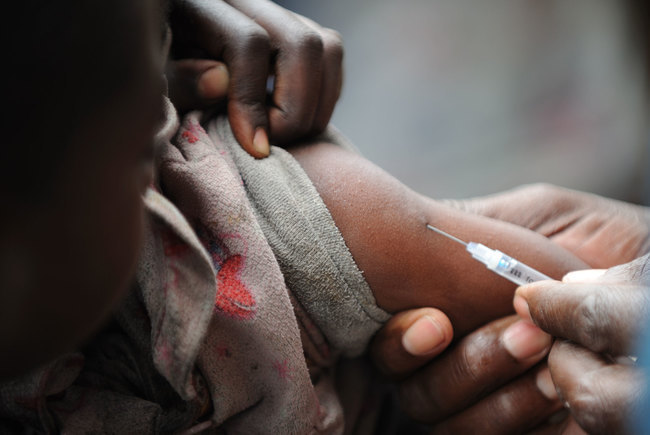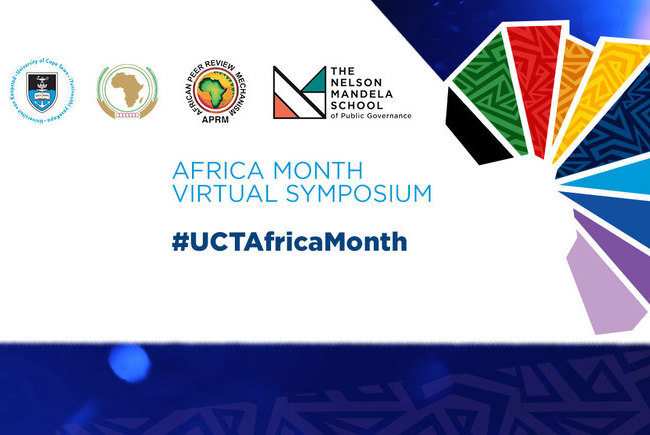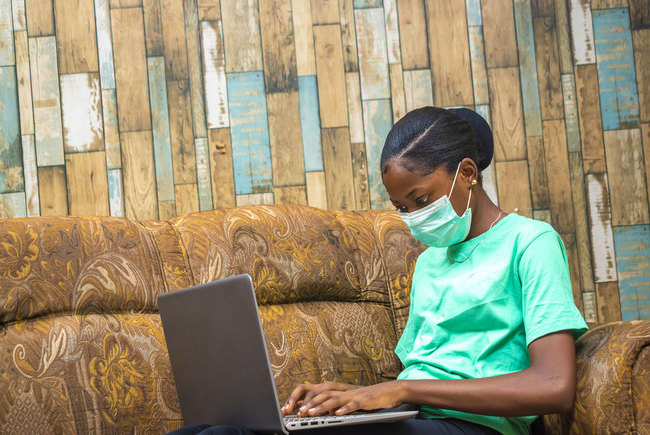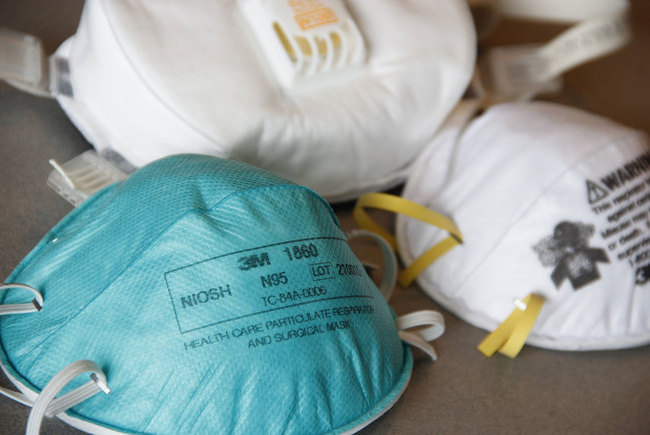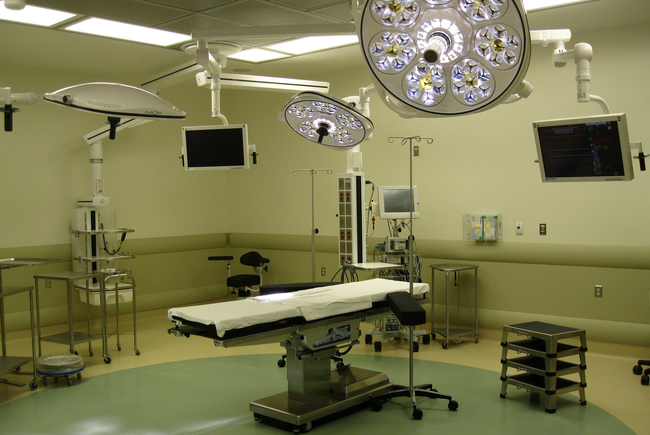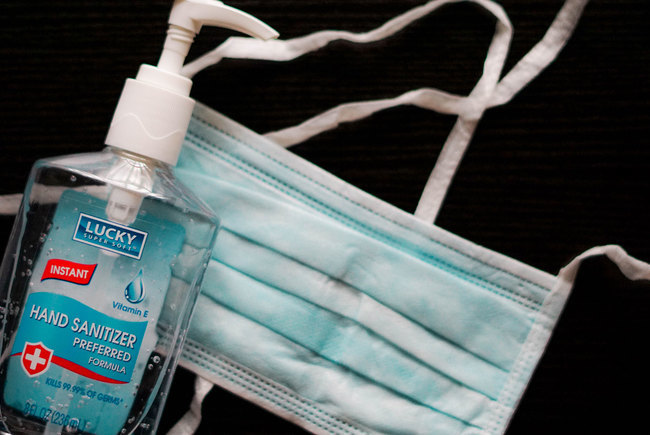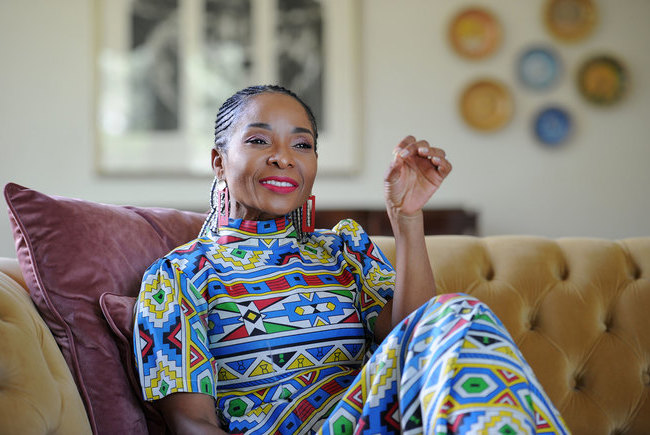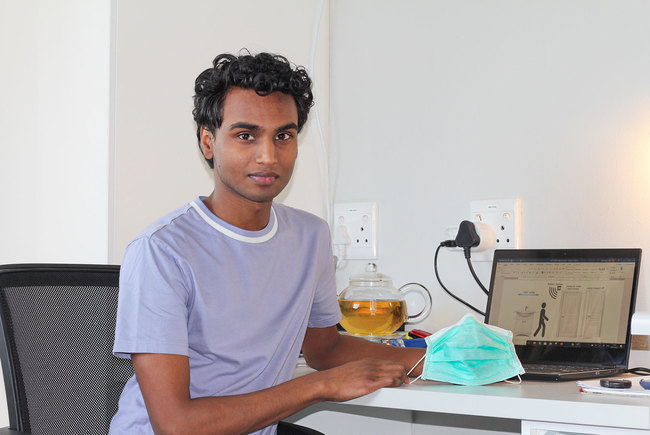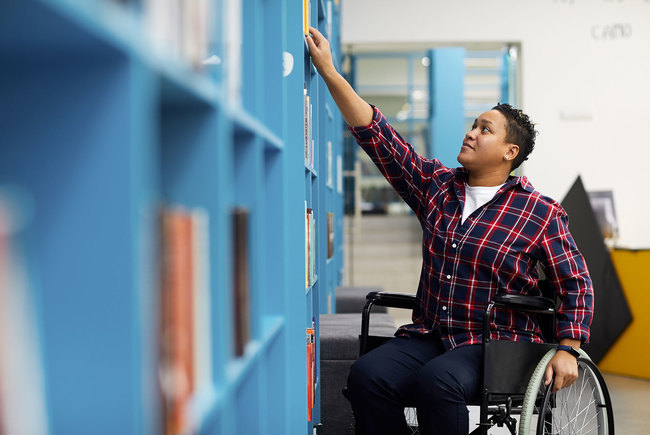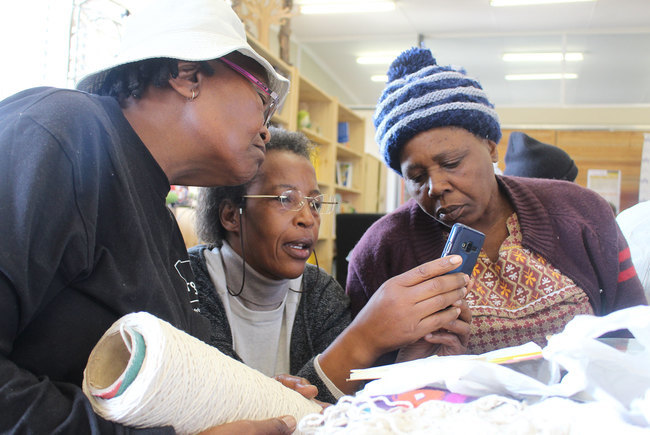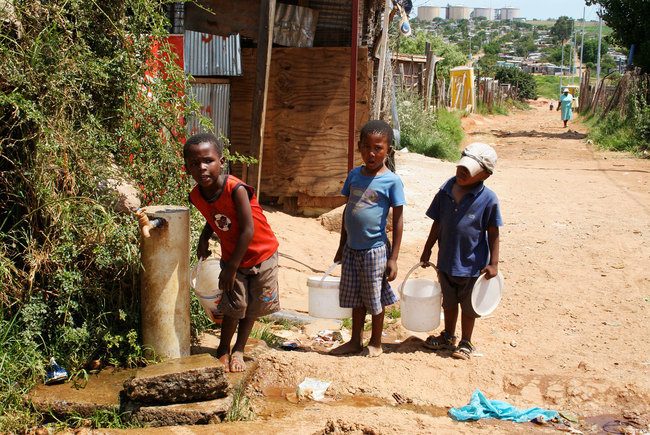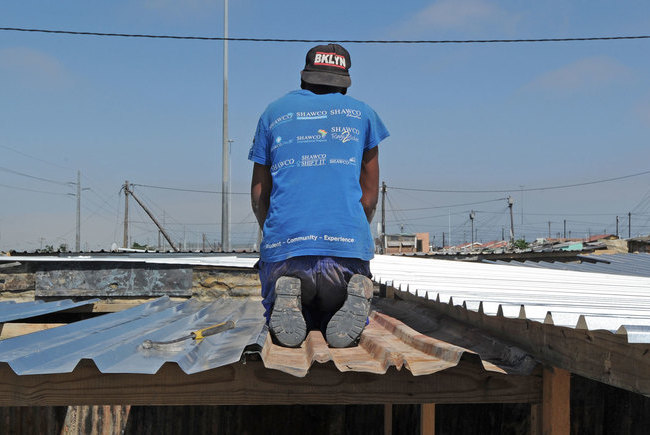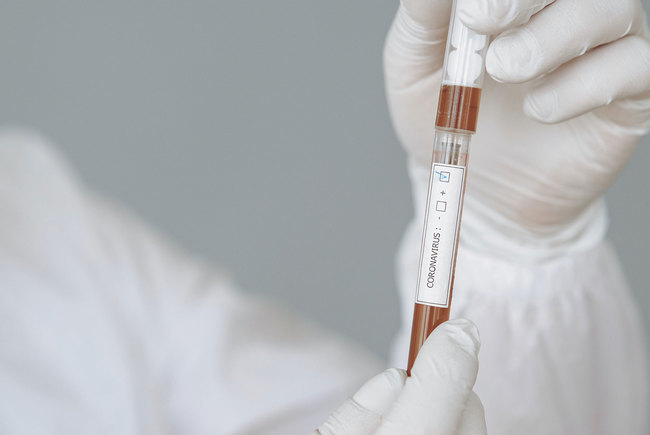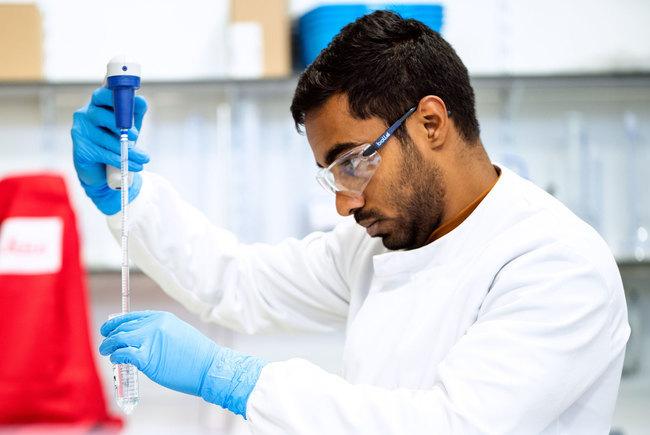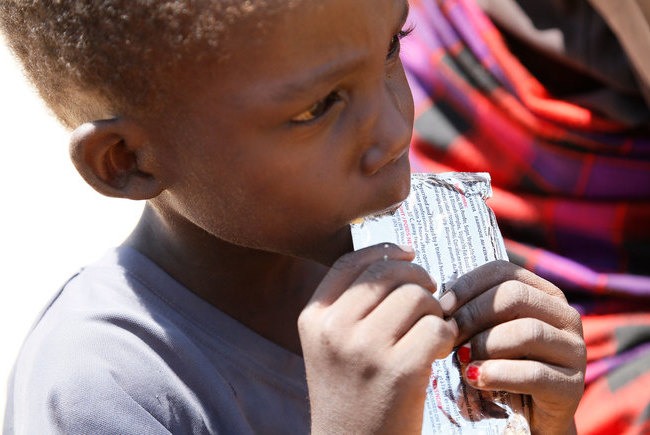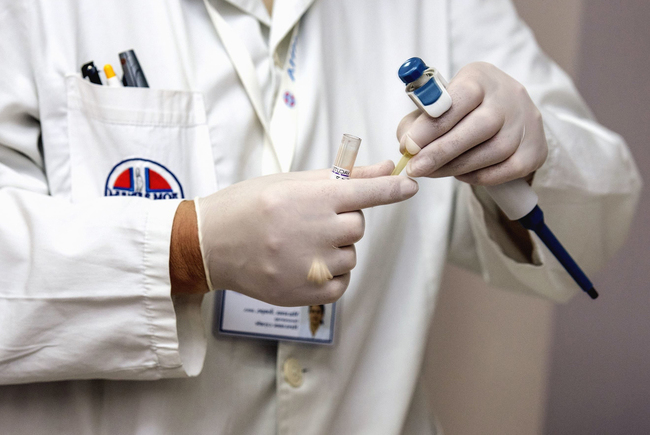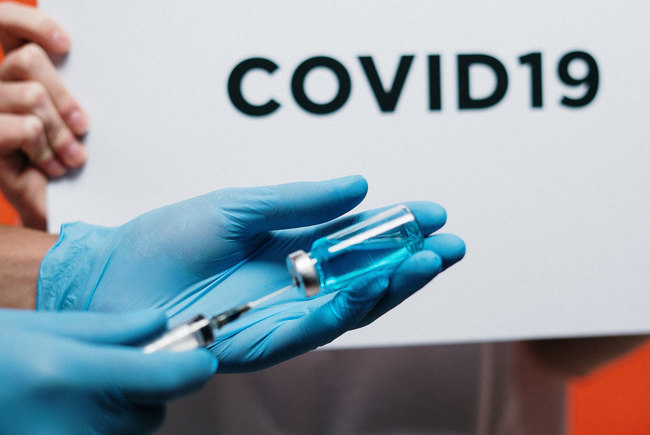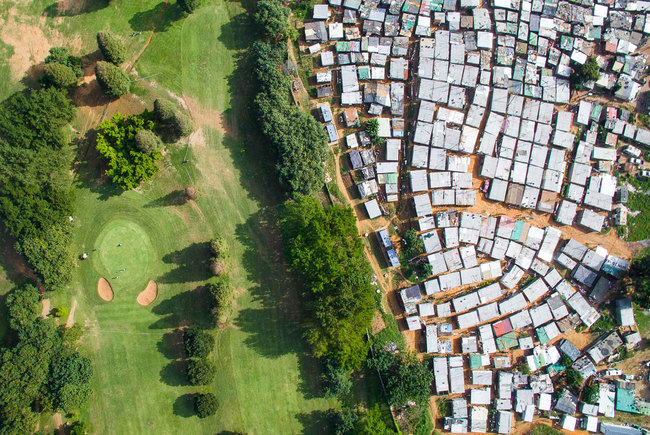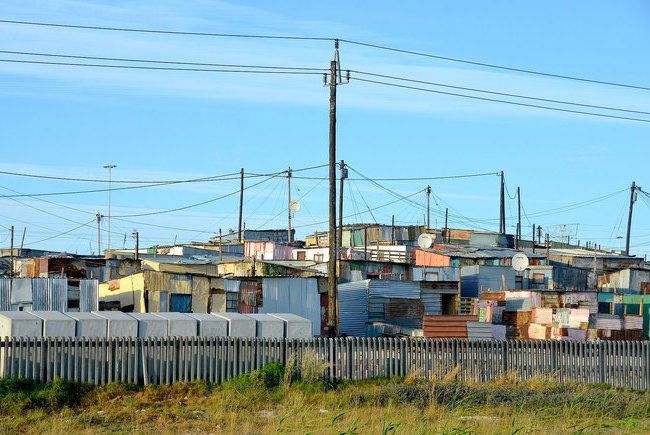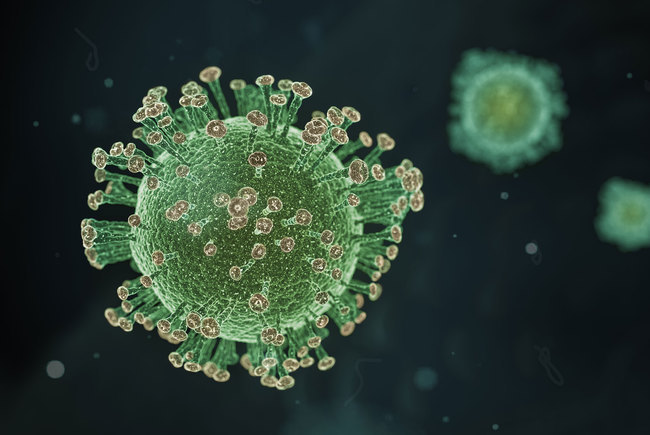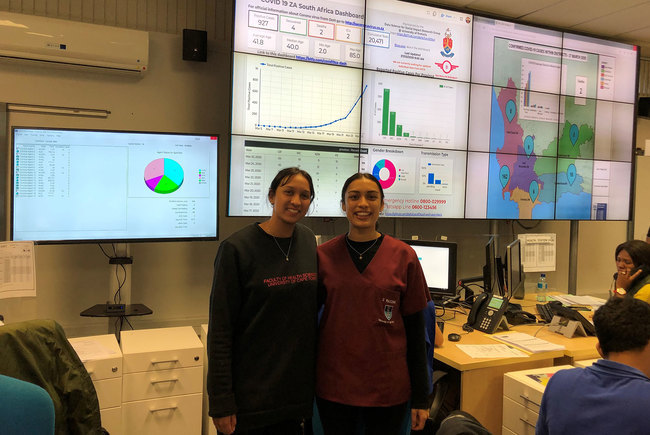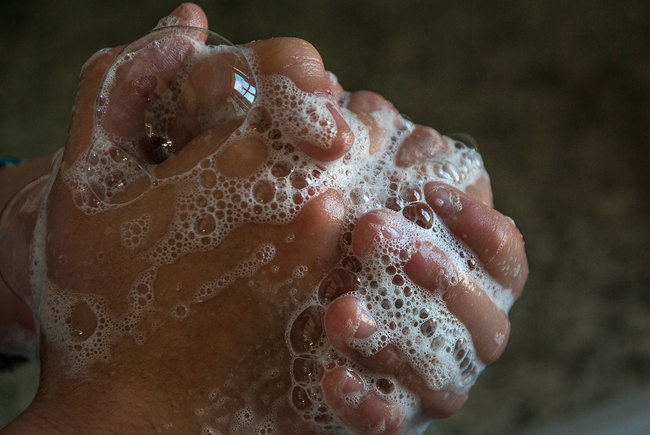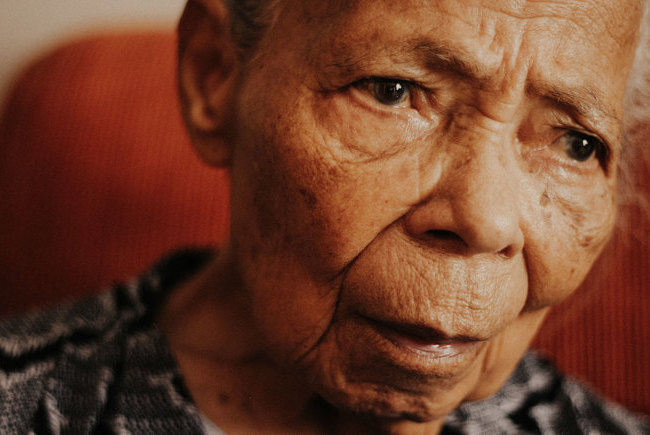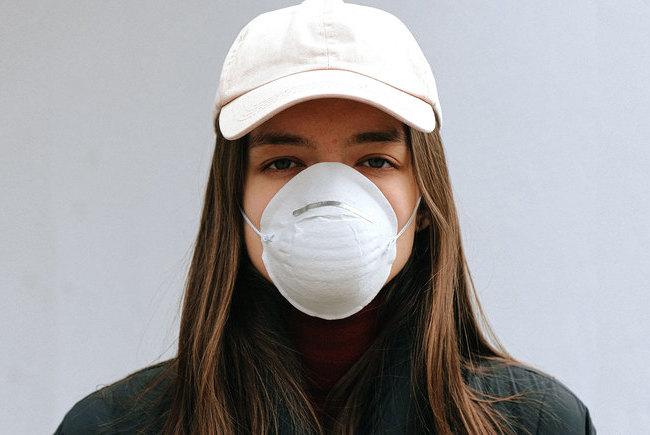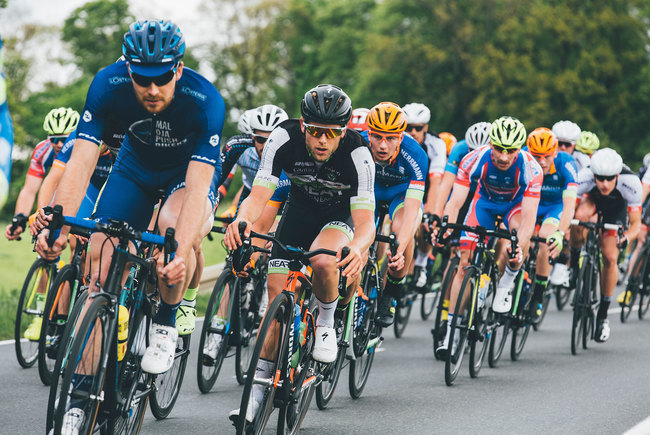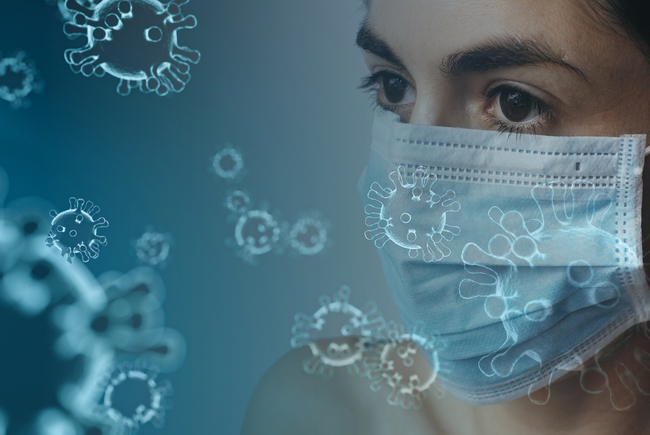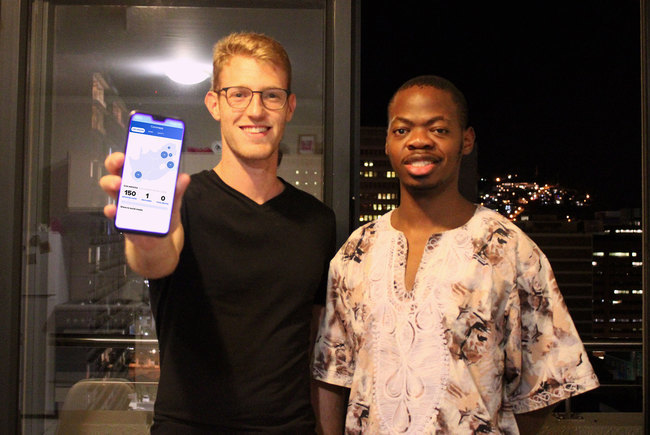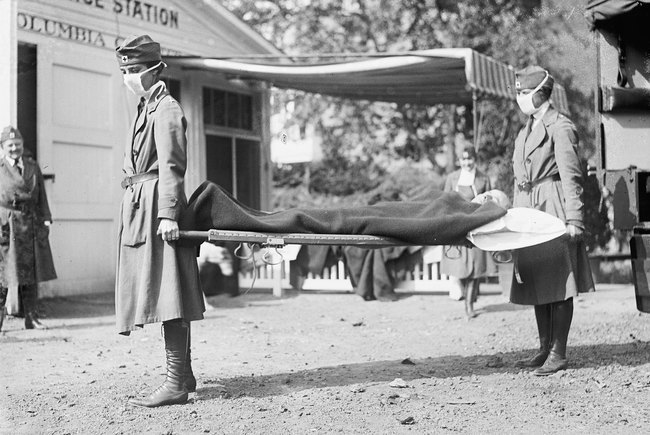COVID-19’s sex bias: men more at risk of requiring critical care
09 December 2020 | Story Nobhongo Gxolo. Photo Pexels. Read time 6 min.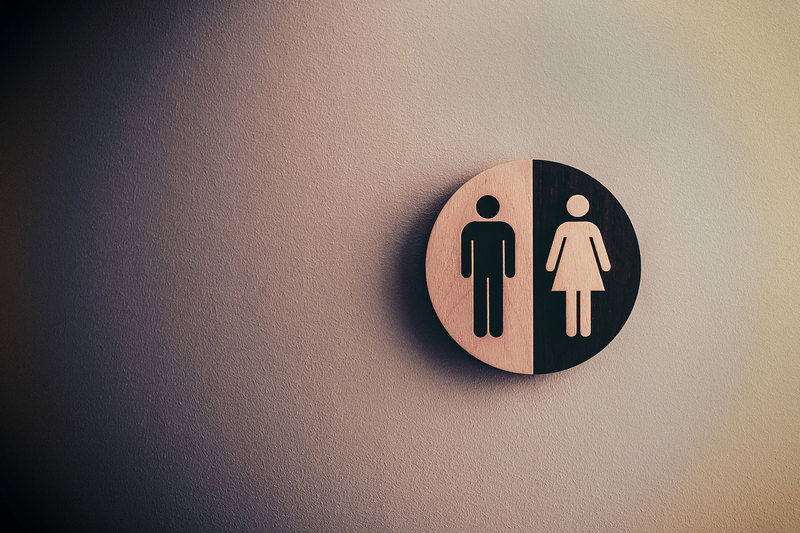
Global-scale collaboration between scientists has taken on new forms in the midst of the COVID-19 pandemic, with connection underpinning the work. A paper investigating the role of sex in patients infected with COVID-19 is the result of a partnership between researchers at the University of Cape Town (UCT) and the University College London (UCL) and was published in Nature Communications.
Dr Kate Webb is a paediatric rheumatologist in UCT’s Department of Paediatrics and Child Health. She studied sex differences in immune responses at the Centre for Adolescent Rheumatology Versus Arthritis at UCL.
“We found that women have a better early anti-viral response than men. This might give them relative protection from viral infections.”
Together they rallied previous colleagues who research sex and the immune system in autoimmune diseases. The researchers gathered COVID-19 reports from global hotspots to try and answer these and other related questions.
Working remotely can be challenging with team members falling ill, having contracted the virus; having to attend to their children during calls; facing the dangers of working on the frontline; or offering a hand with volunteer testing. Their workspace had to be flexible and adaptive to make room for these circumstances, while contributing sections of writing to a live, online manuscript.
“I have never worked like this before and it was truly remarkable to see this process unfold in such record time.”
“Through an amazingly fast online collaboration … I have never worked like this before and it was truly remarkable to see this process unfold in such record time … the team sieved through thousands of reports looking for data about infections, admissions to intensive care units and deaths. A lot of countries were not reporting sex in the early data,” said Webb, who was selected for the prestigious Crick African Network’s African Career Accelerator awards last year.
To prevent duplication, it was a rigorous process of checking and cross-checking reams of data collected from 46 different countries and 44 states in the United States from the beginning of January until the end of June 2020. The team simultaneously summarised known sex differences in the immune system to make the information easily accessible to other scientists.
Discoveries
“We discovered that among over 3 million cases of COVID-19 … there seemed to be equal proportions of men and women infected. This meant that men and women had an equal chance of being infected. Of those infected though, we saw that men had almost three times the odds (2.84) of needing admission to intensive care. Disturbingly, men also had 40% higher odds of dying from COVID-19 than women.”
There are various reasons that could account for the sex difference the team reported on. Figuring these out means answering questions like: Are men more likely to have comorbidities, such as diabetes or hypertension? Were the men that got infected older than the women?
These hypotheses remain untested and will require further study as the researchers weren’t able to answer these questions based on the data they had amassed.
“We don’t think that there is sufficient difference between the numbers of men and women with comorbid disease to fully explain the stark differences seen in the severity of COVID-19.”
“Based on population statistics however, we don’t think that there is sufficient difference between the numbers of men and women with comorbid disease to fully explain the stark differences seen in the severity of COVID-19,” said Webb. “We know that men, in general, have poorer immune responses to many different infections. Women on the other hand generally have a stronger immune response to infections. But women are more likely to develop autoimmunity, where the immune system is ‘overactive’ and starts to fight against our own bodies.”
The fight against a pandemic
For Webb and the team this work is their way of using their expertise to contribute to the fight against the pandemic. Understanding the way that COVID-19 behaves moves scientists closer to finding a solution. The findings could help contribute to vaccine development or to better predict who is at risk of severe disease.
“I don’t want men to feel vulnerable because of [these] data. The findings should empower researchers to ask why we see these differences, and how we can exploit this information in the fight against COVID-19 … This emphasises how sex differences in disease may highlight important pathways that we could potentially target.”
Sex should thus be considered an important biological factor when designing therapies and vaccination strategies for COVID-19.
 This work is licensed under a Creative Commons Attribution-NoDerivatives 4.0 International License.
This work is licensed under a Creative Commons Attribution-NoDerivatives 4.0 International License.
Please view the republishing articles page for more information.
Coronavirus Disease 2019 updates
COVID-19 is a global pandemic that caused President Cyril Ramaphosa to declare a national disaster in South Africa on 15 March and implement a national lockdown from 26 March.
UCT is taking the threat of infection in our university community extremely seriously, and this page will be updated regularly with the latest COVID-19 information.
Daily updates
Campus communications
Resources
Video messages from the Department of Medicine
Getting credible, evidence-based, accessible information and recommendations relating to COVID-19
The Department of Medicine at the University of Cape Town and Groote Schuur Hospital, are producing educational video material for use on digital platforms and in multiple languages. The information contained in these videos is authenticated and endorsed by the team of experts based in the Department of Medicine. Many of the recommendations are based on current best evidence and are aligned to provincial, national and international guidelines. For more information on UCT’s Department of Medicine, please visit the website.
To watch more videos like these, visit the Department of Medicine’s YouTube channel.
Useful information from UCT
External resources
News and opinions
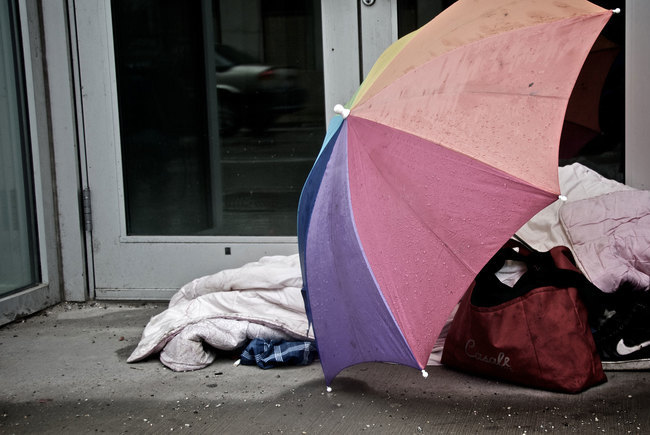
As the COVID-19 crisis drags on and evolves, civil society groups are responding to growing and diversifying needs – just when access to resources is becoming more insecure, writes UCT’s Prof Ralph Hamann.
03 Jul 2020 - 6 min read Republished
The Covid-19 crisis has reinforced the global consequences of fragmented, inadequate and inequitable healthcare systems and the damage caused by hesitant and poorly communicated responses.
24 Jun 2020 - >10 min read Opinion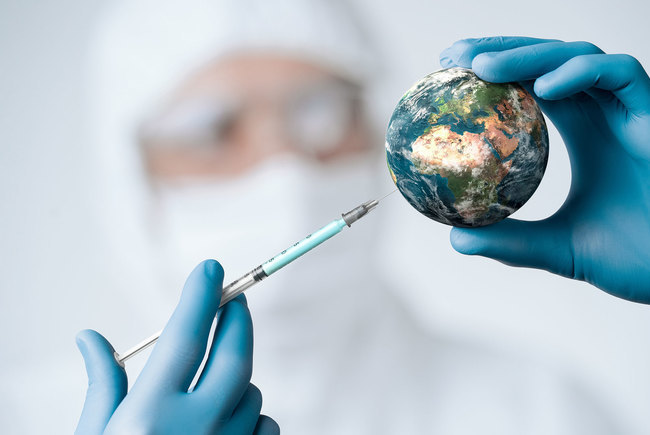
Our scientists must not practise in isolation, but be encouraged to be creative and increase our knowledge of the needs of developing economies, write Professor Mamokgethi Phakeng, vice-chancellor of UCT, and Professor Thokozani Majozi from the University of the Witwatersrand.
09 Jun 2020 - 6 min read Republished
South Africa has been recognised globally for its success in flattening the curve, which came as a result of President Ramaphosa responding quickly to the crisis, writes Prof Alan Hirsch.
28 Apr 2020 - 6 min read RepublishedStatements and media releases
Media releases
Read more
Statements from Government
In an email to the UCT community, Vice-Chancellor Professor Mamokgethi Phakeng said:
“COVID-19, caused by the virus SARS-CoV-2, is a rapidly changing epidemic. [...] Information [...] will be updated as and when new information becomes available.”
We are continuing to monitor the situation and we will be updating the UCT community regularly – as and when there are further updates. If you are concerned or need more information, students can contact the Student Wellness Service on 021 650 5620 or 021 650 1271 (after hours), while staff can contact 021 650 5685.









